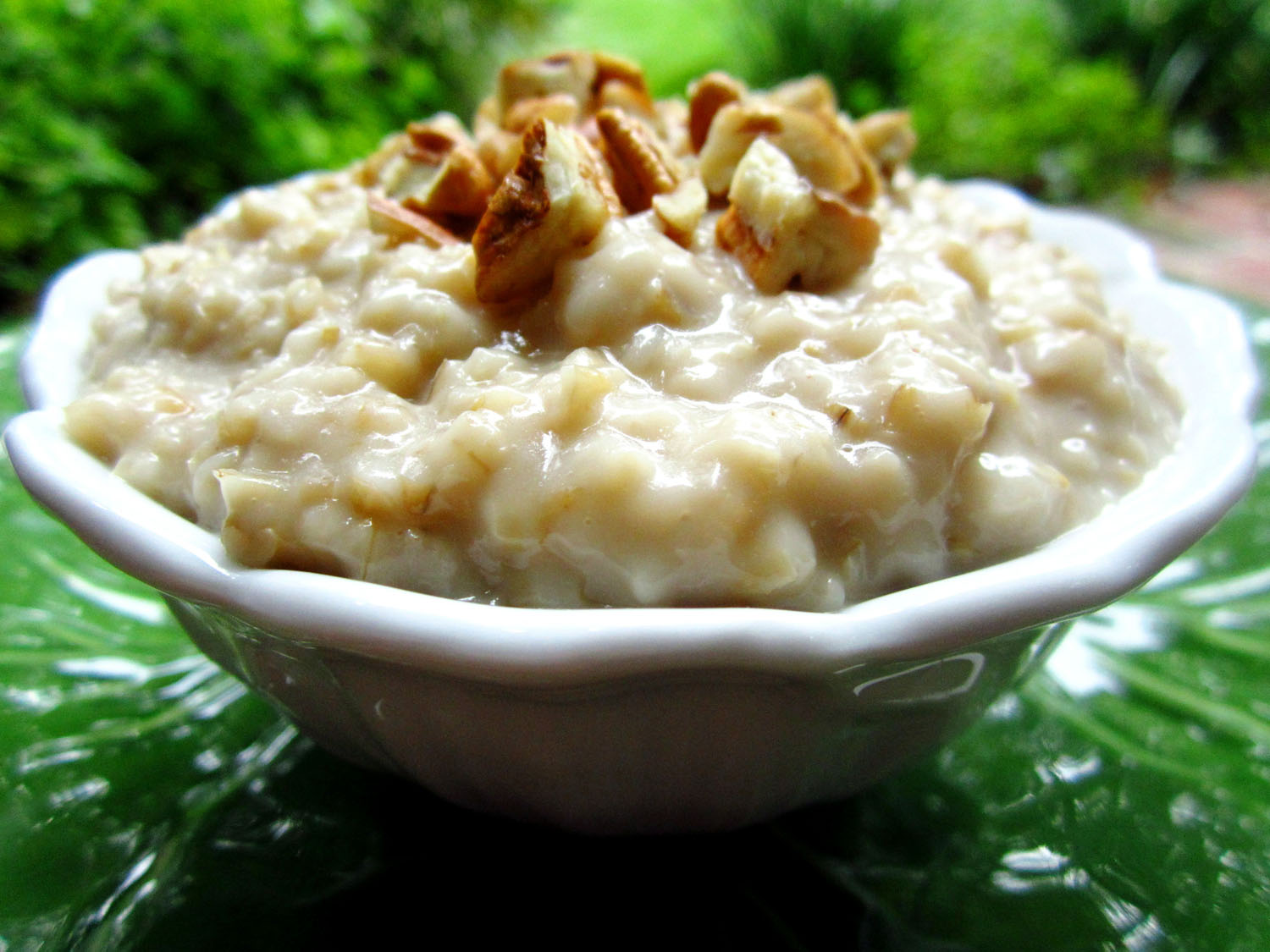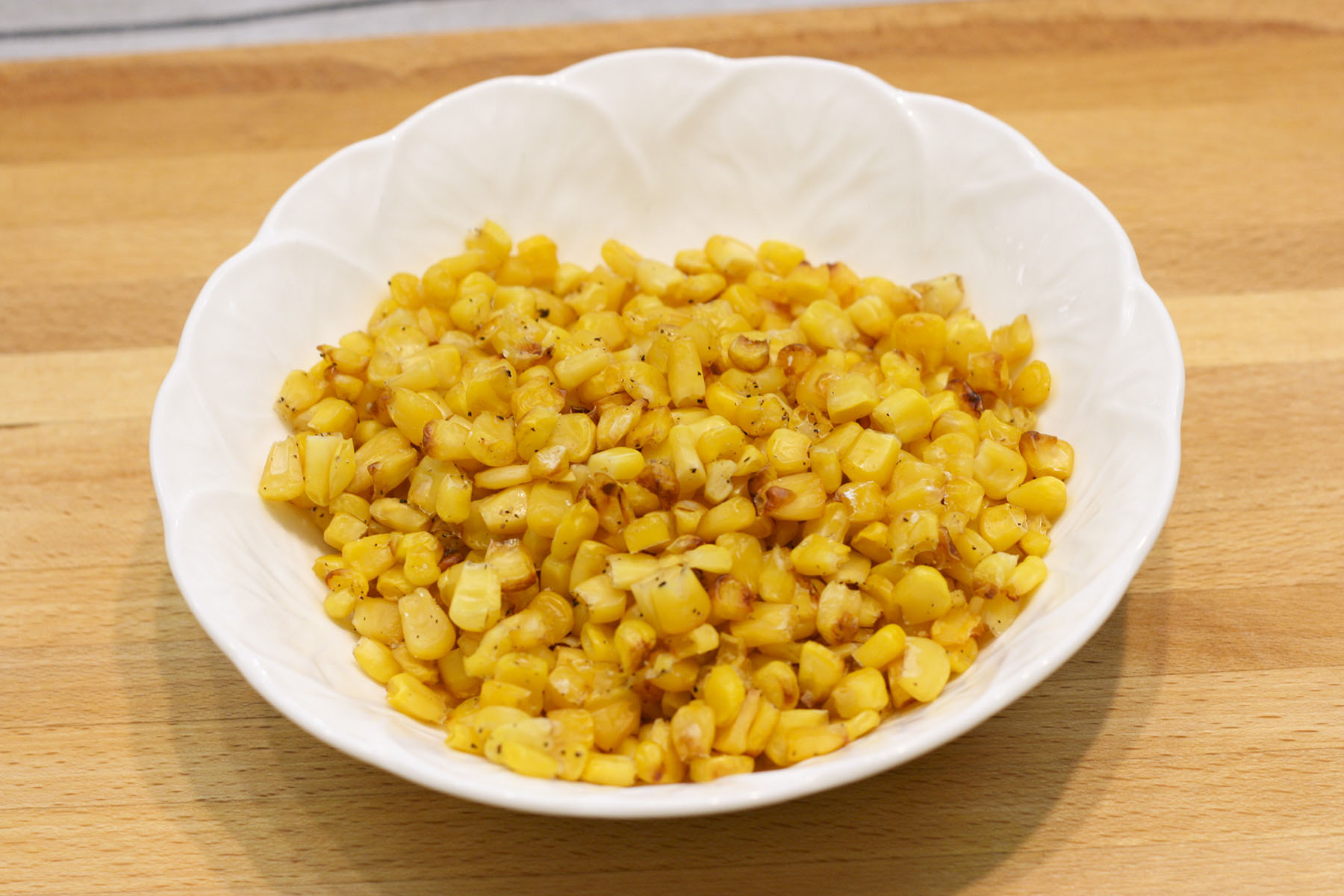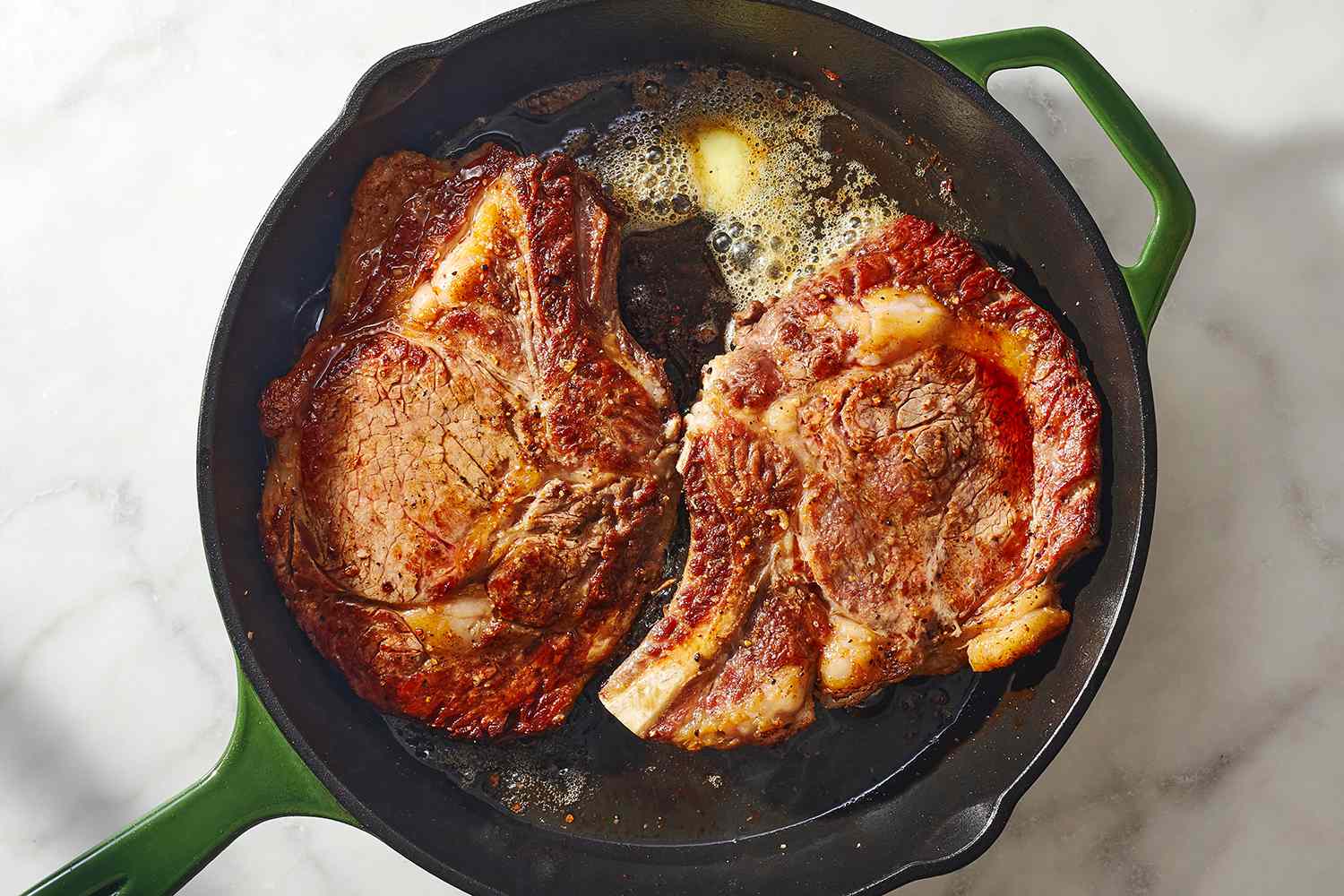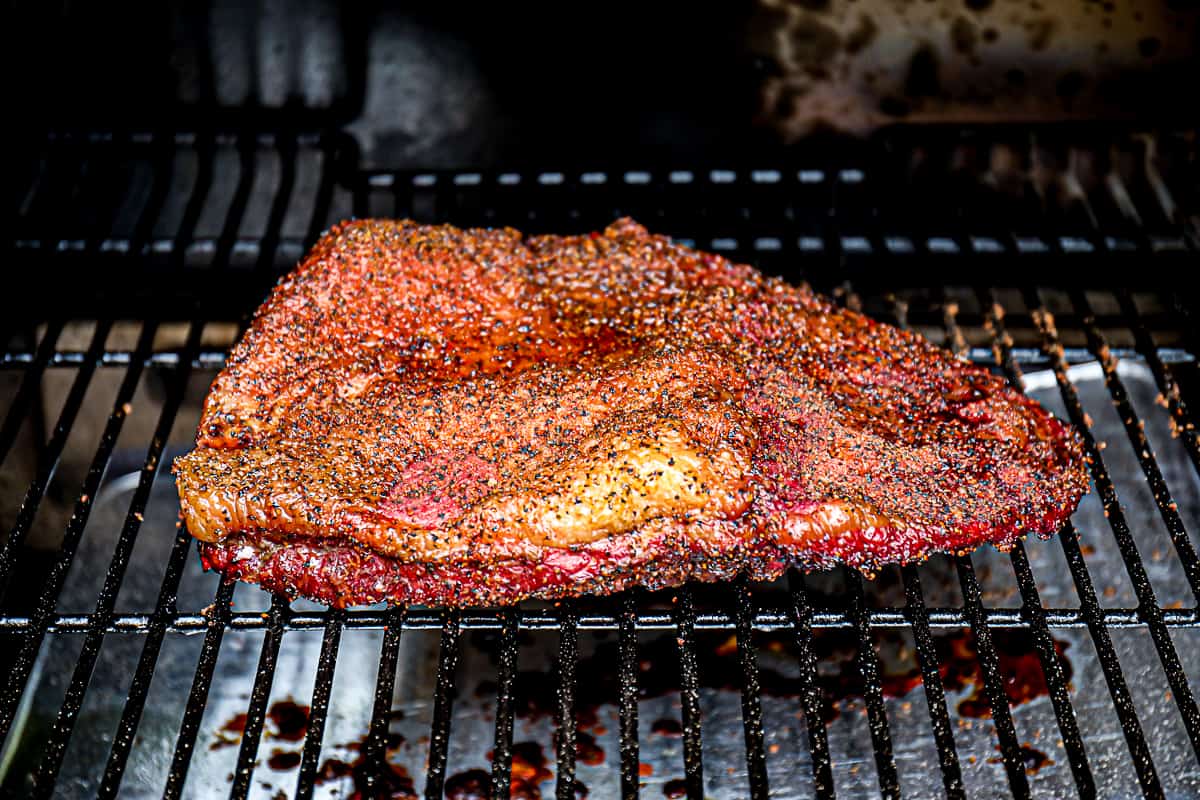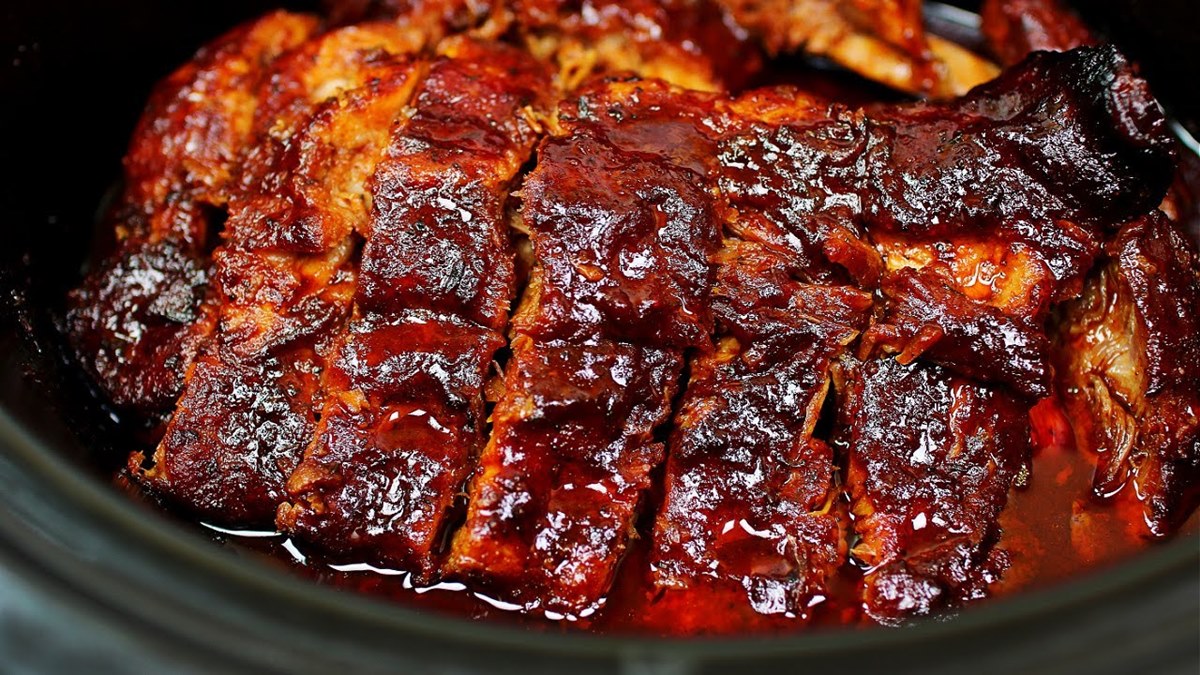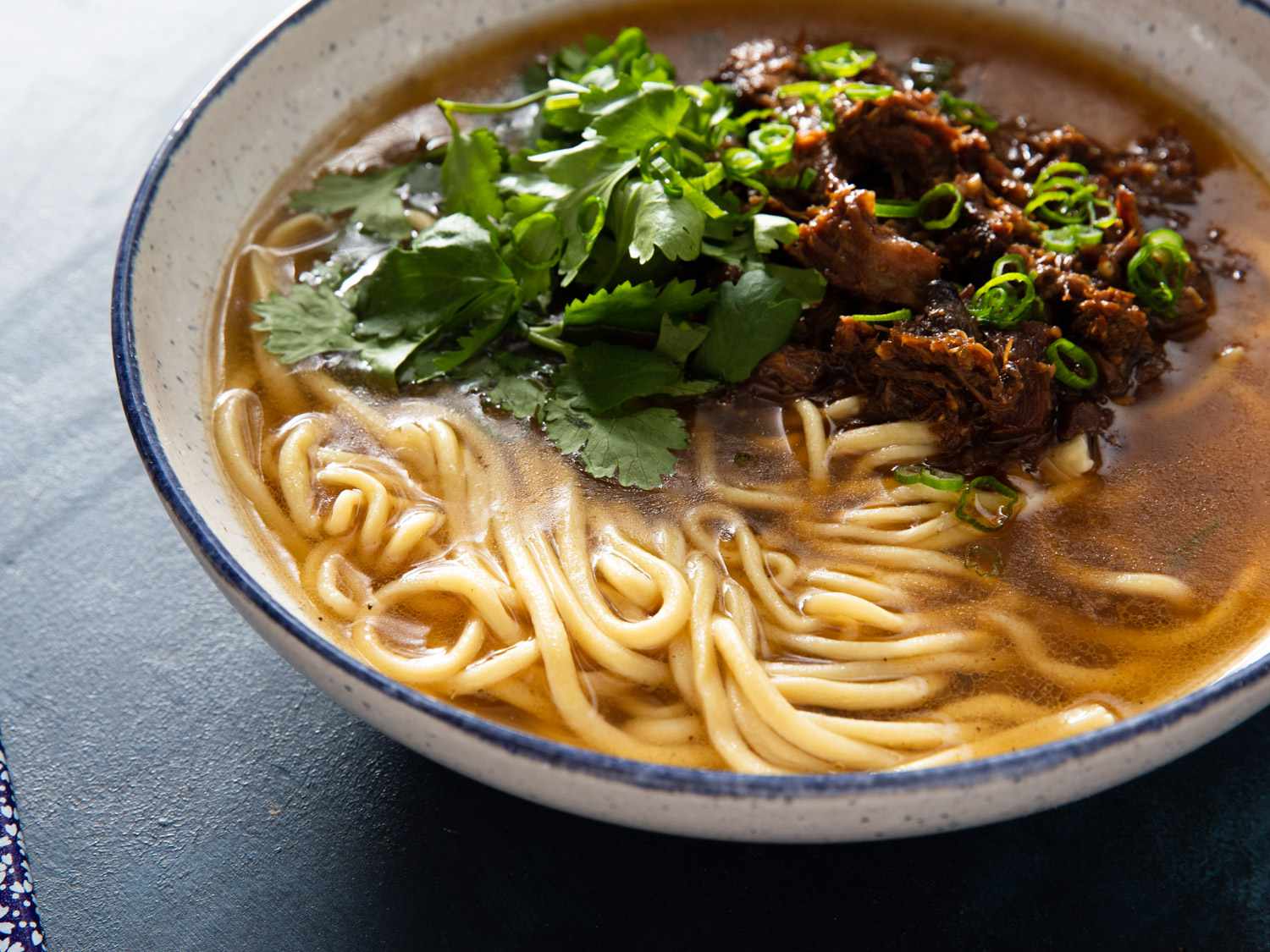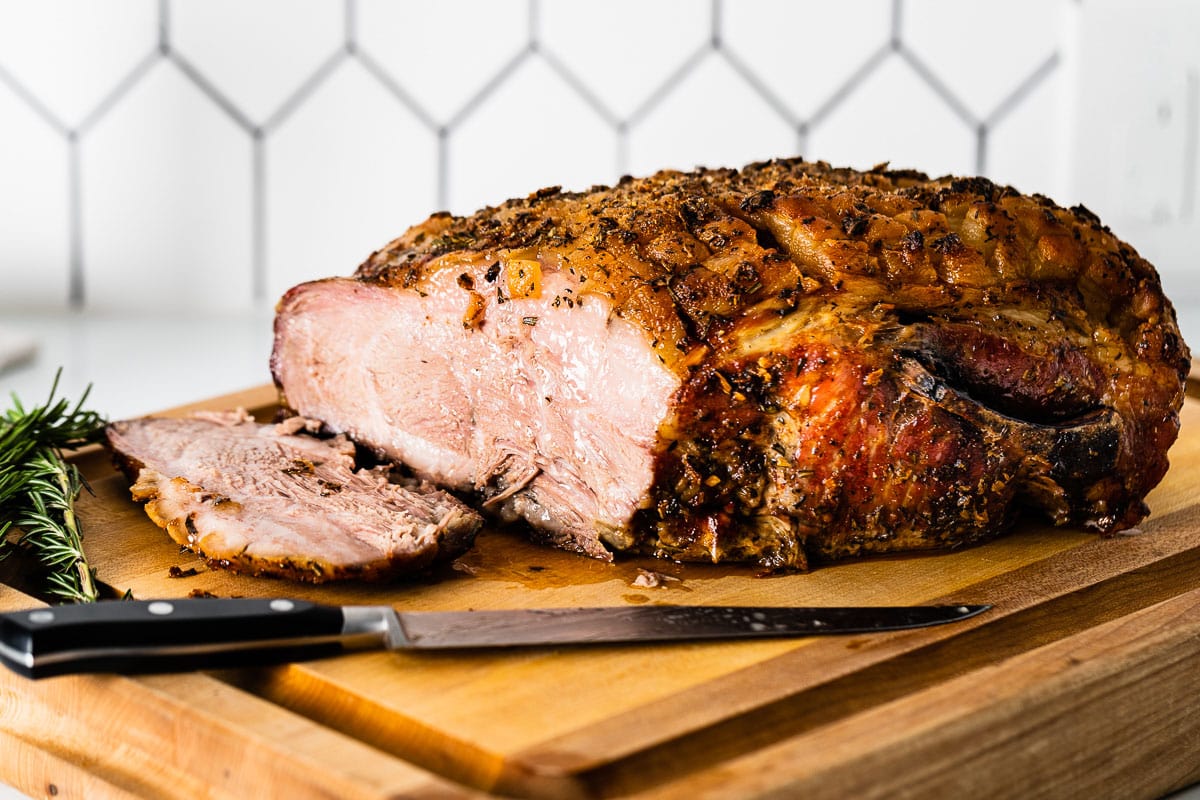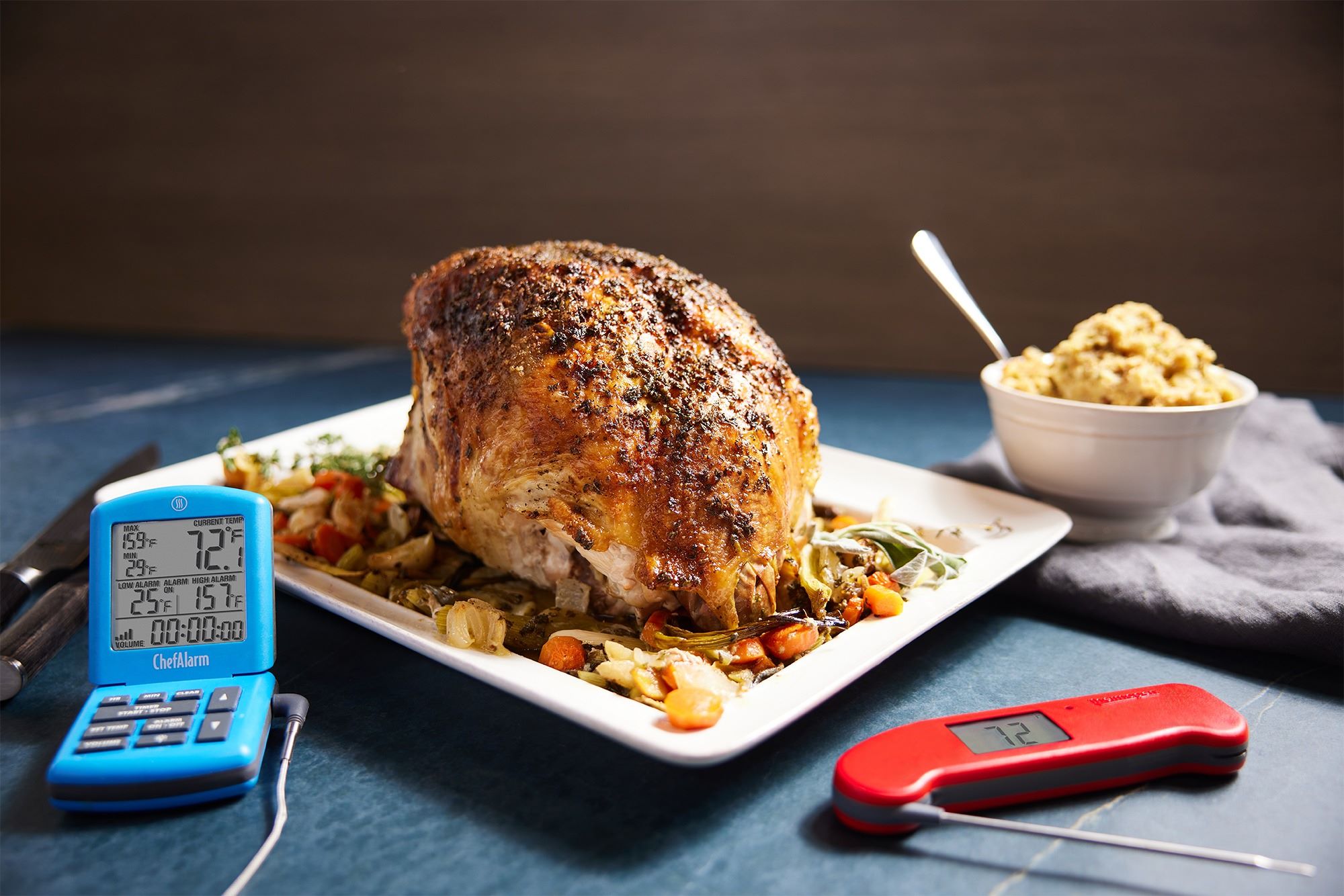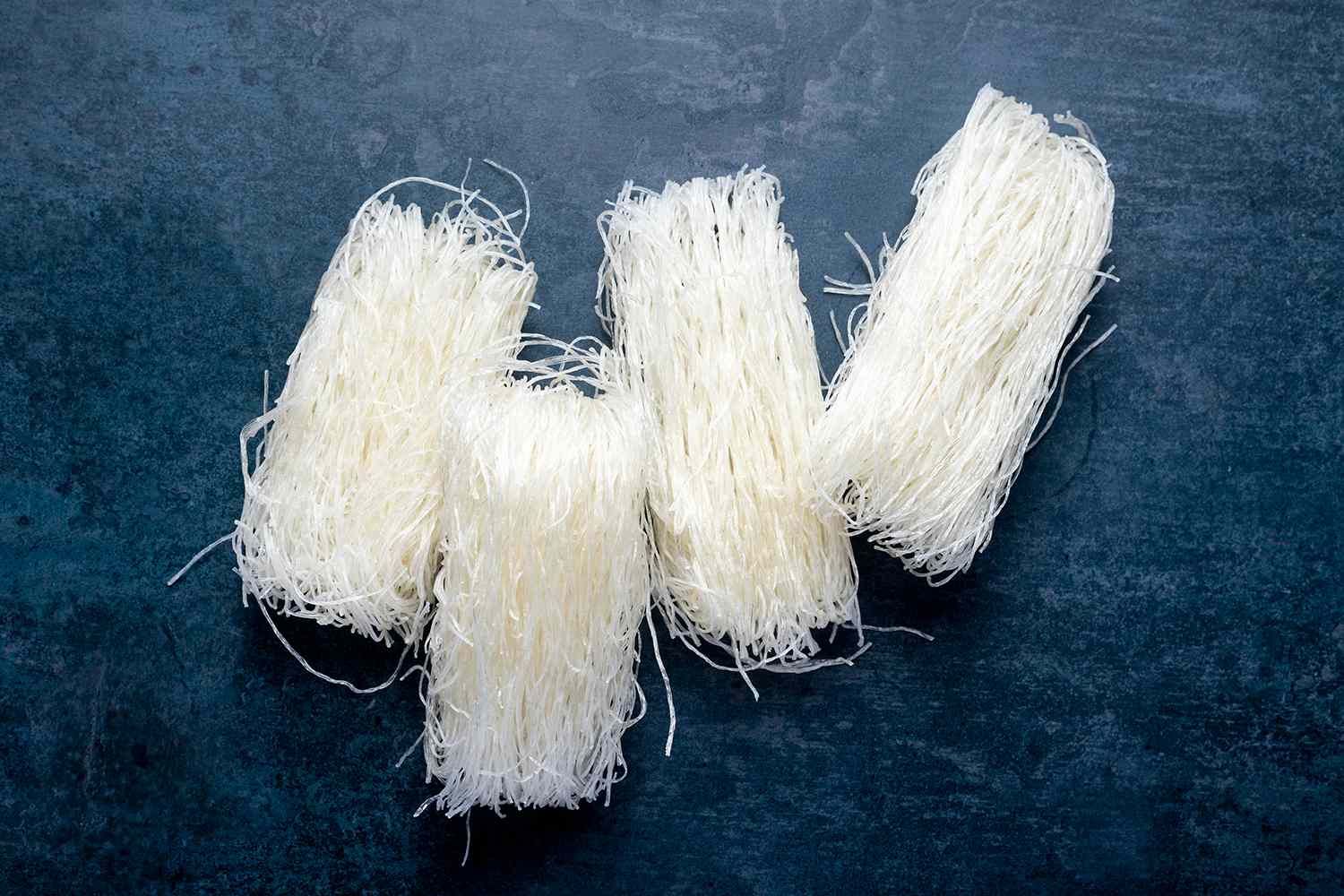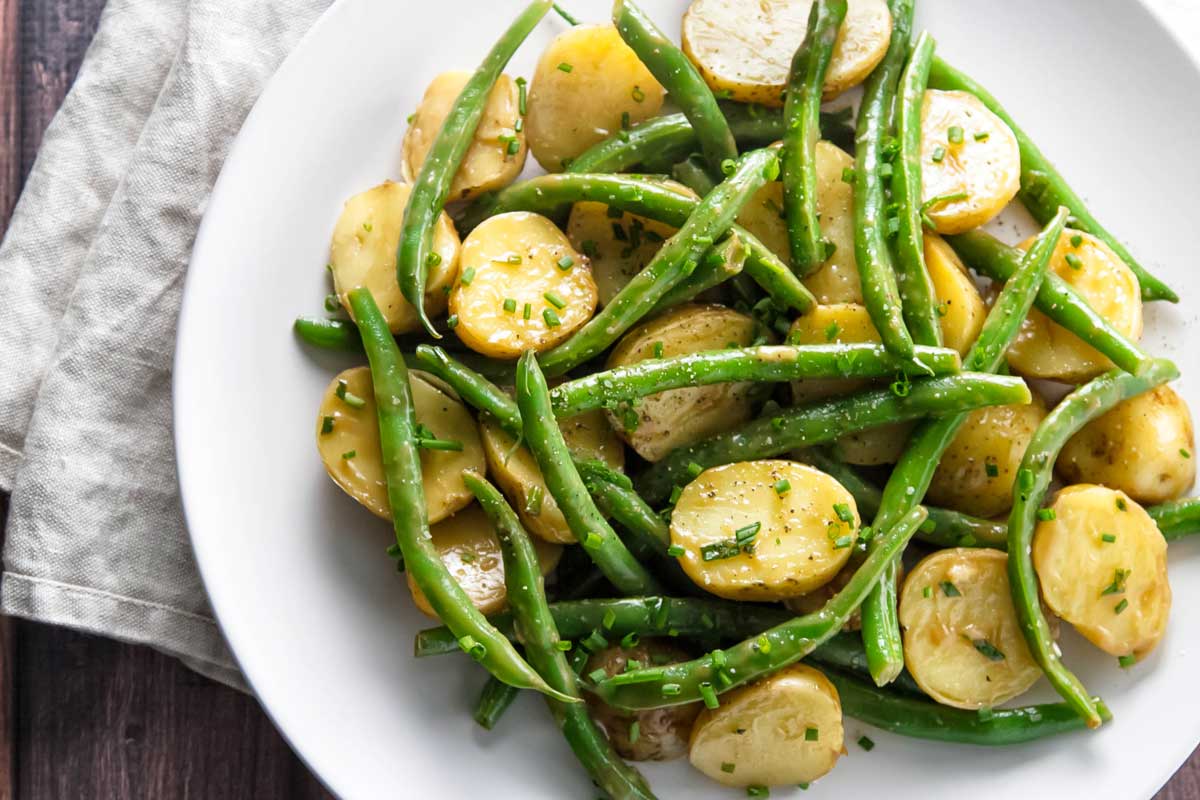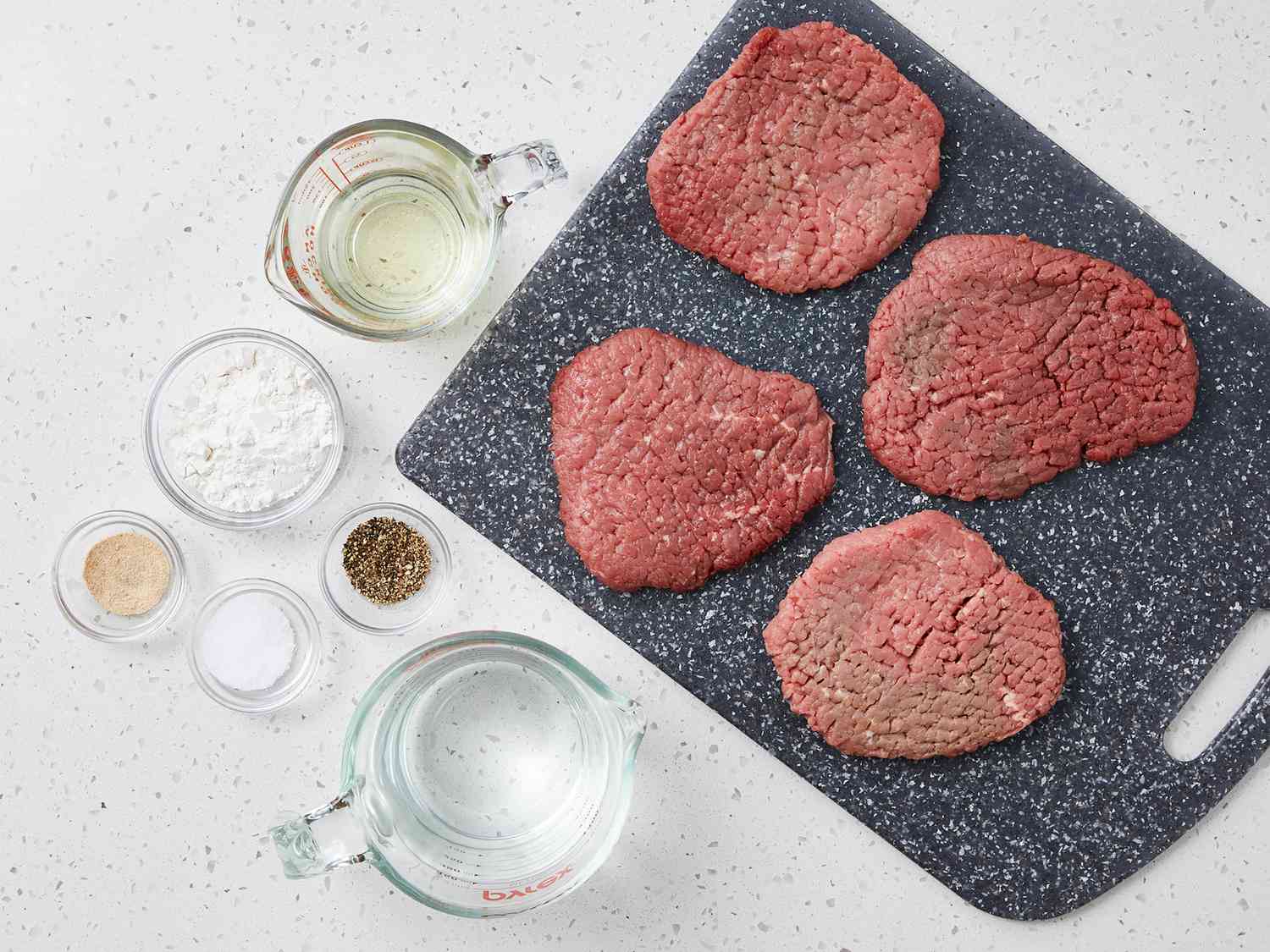Cooking shrimp with lemon juice is a simple yet delicious way to enjoy this popular seafood. Lemon juice not only adds a zesty flavor but also helps in tenderizing the shrimp, making them juicier and more flavorful. Whether you're a seasoned chef or just starting out in the kitchen, mastering this dish can add a refreshing twist to your culinary repertoire. In this guide, we'll walk through the steps to perfectly cook shrimp with lemon juice, ensuring a delightful dish that's sure to impress. From selecting the right ingredients to the final touches, get ready to elevate your cooking game with this tangy, savory treat.
Gather Your Ingredients
- 1 pound shrimp, peeled and deveined
- 2 tablespoons olive oil
- 4 cloves garlic, minced
- 1 lemon, juiced
- Salt to taste
- Black pepper to taste
- Fresh parsley, chopped for garnish
- Red pepper flakes, optional for heat
Essential Tools for Your Culinary Adventure
- Skillet or frying pan
- Spatula or tongs
- Measuring cups and spoons
- Knife
- Cutting board
- Bowl for marinating
- Grater or zester for lemon zest
- Juicer or a hand to squeeze lemon
- Plate for serving
Cooking shrimp with lemon juice involves marinating for a brief period, ensuring flavors meld. Avoid over-marinating; acidity can make shrimp mushy. Quick cooking preserves tenderness and enhances the citrus notes.
The Magic Behind Cooking with Lemon Juice
Cooking shrimp with lemon juice not only infuses flavors but also tenderizes the seafood, enhancing its natural sweetness. Acid in lemon juice breaks down proteins, making shrimp more succulent. This method is quick, ensuring shrimp remains juicy and not overcooked, perfect for a variety of dishes.
Using lemon juice in shrimp recipes adds a vibrant, citrusy note that complements the seafood's delicate taste. It's a simple technique that elevates the dish, offering a refreshing contrast to the shrimp's richness. Plus, it's a healthy way to add flavor without extra calories or fat.
Your Step-by-Step Culinary Guide
-
Select fresh shrimp for the best flavor. Look for ones that are plump and have a translucent appearance. Avoid any with a strong fishy smell.
-
Rinse shrimp under cold water to remove any debris or dirt. Pat them dry with paper towels to ensure proper cooking.
-
Peel and devein shrimp if they haven't been prepared already. You can leave the tails on for presentation if desired.
-
Squeeze lemon juice generously over the cleaned shrimp. For every pound of shrimp, use the juice of one large lemon.
-
Marinate shrimp in the lemon juice for about 15-30 minutes in the refrigerator. This process adds flavor and tenderizes the shrimp.
-
Heat a skillet over medium-high heat. Add a small amount of olive oil or butter to coat the bottom.
-
Remove shrimp from the marinade and discard any leftover liquid.
-
Season shrimp with salt, pepper, and any other desired seasonings. Fresh or dried herbs like parsley, dill, or oregano work well.
-
Place shrimp in the hot skillet in a single layer, ensuring they are not overcrowded. Cook for 1-2 minutes on one side.
-
Flip shrimp to the other side once they start turning pink and opaque. Cook for an additional 1-2 minutes or until fully pink and cooked through.
-
Squeeze additional lemon juice over the cooked shrimp for extra zest. Serve immediately while hot.
Mastering the Art of Lemon-Infused Shrimp
Cooking shrimp with lemon juice isn't just about following a recipe; it's about embracing simplicity and flavor. By now, you've got all the tips and tricks up your sleeve to ensure your shrimp are succulent, flavorful, and perfectly cooked every time. Remember, key ingredients like fresh lemon juice, garlic, and herbs can transform simple shrimp into a gourmet dish. Don't forget to pay attention to cooking times to avoid overcooking. Experimenting with different herbs and spices can also lead to new and exciting flavors. So, next time you're in the kitchen, let your creativity flow and enjoy the process of creating a delicious lemon-infused shrimp dish that's sure to impress. Happy cooking!
For those looking to experiment with shrimp and lemon juice, there are a few standout recipes that are worth trying. Lemon Garlic Shrimp Skewers are perfect for grilling enthusiasts, offering a zesty and savory option that's easy to prepare. If pasta is more appealing, Lemon Butter Shrimp Pasta combines creamy and citrusy flavors for a delightful dish. For a lighter, healthier choice, Lemon Shrimp and Avocado Salad provides a refreshing mix of textures and tastes. Those who appreciate a bit more complexity might enjoy Lemon Shrimp Risotto, where the lemon juice adds a bright note to the creamy rice. Lastly, Lemon Shrimp Tacos offer a fun and vibrant way to enjoy shrimp with a citrus twist, making for a delicious and easy-to-make meal.
All Your Questions Answered
Can I use bottled lemon juice instead of fresh for cooking shrimp?
Absolutely! While fresh lemon juice offers a zesty kick, bottled works in a pinch. Just keep an eye on the acidity levels; sometimes, bottled juice is more concentrated.
What's the best way to ensure my shrimp doesn't turn rubbery?
Key to avoiding rubbery shrimp is not overcooking them. Once they turn pink and opaque, they're done. This usually takes just a few minutes, so keep your eyes peeled!
Can I marinate shrimp in lemon juice before cooking?
Marinating shrimp in lemon juice can add flavor, but limit it to 30 minutes. Lemon juice's acidity can start "cooking" the shrimp, making them mushy if left too long.
How do I know when the shrimp are fully cooked?
You'll know shrimp are ready when they've turned pink all over and have a slight curve. If they curl into a tight "C," they're overdone. Aim for a loose "C" shape for perfect texture.
What other ingredients pair well with shrimp and lemon juice?
Garlic, butter, and parsley are fantastic with shrimp and lemon juice. For a spicy kick, add a dash of red pepper flakes. These flavors complement each other beautifully.
Is there a difference in flavor between cooking shrimp with lemon juice on the stove versus grilling?
Cooking methods can change the flavor profile. Grilling imparts a smoky taste that's hard to beat, while stove-top cooking in lemon juice creates a more pronounced citrus flavor. Both are delicious, so it's up to personal preference.
Can I cook frozen shrimp with lemon juice, or should they be thawed first?
Thaw your shrimp before cooking to ensure even heat distribution. Cooking them from frozen can result in uneven textures, with some parts overcooked and others underdone.
Was this page helpful?
Read Next: How To Cook Jimmy Dean Sausage In Microwave
